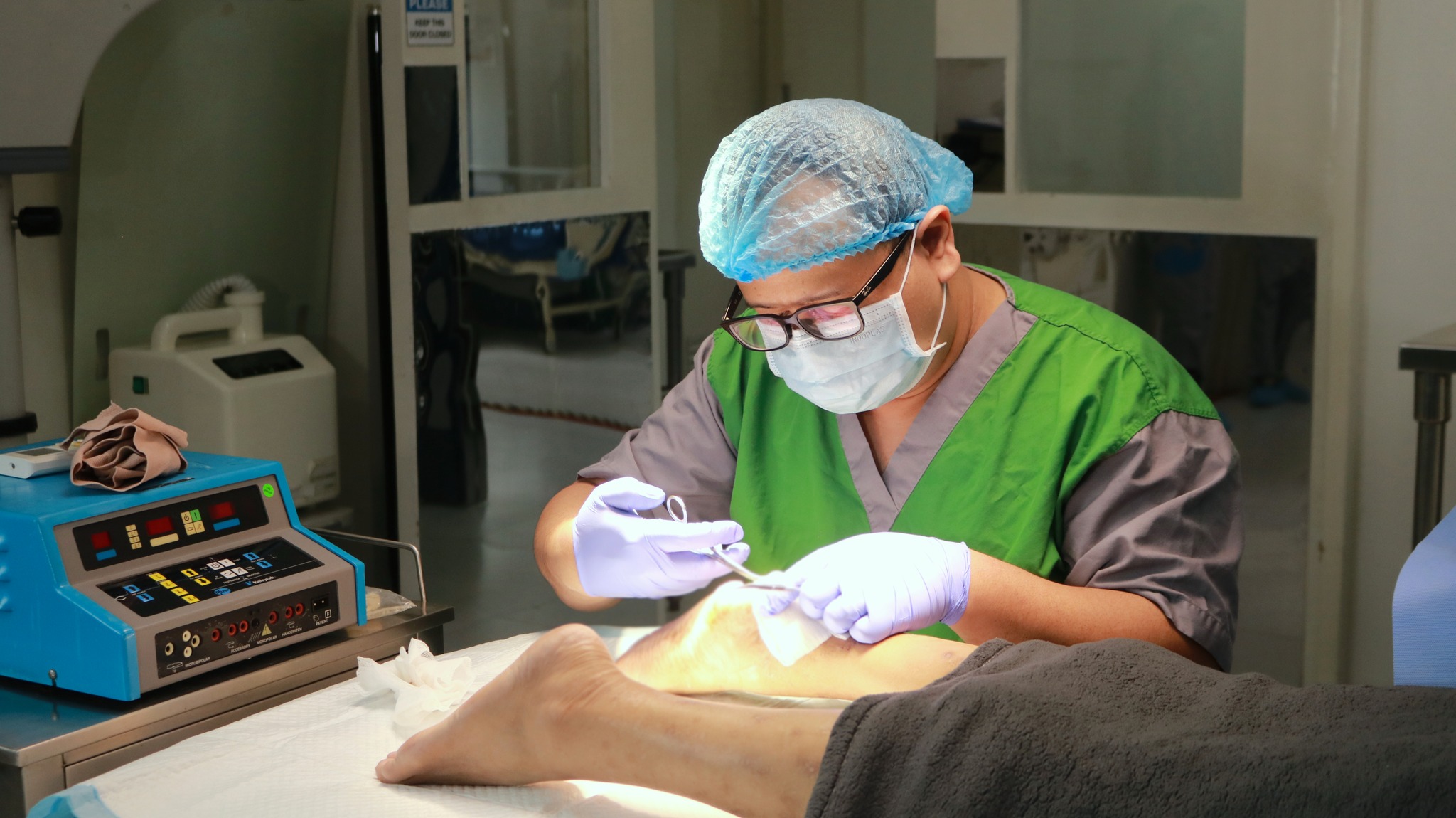Revision hip replacement surgery is a crucial medical procedure designed to restore function and alleviate pain in patients who have previously undergone hip replacement. As individuals age or due to various complications, a hip implant may fail, leading to discomfort and mobility issues. This article aims to provide insights into revision hip replacement surgery in Manila, explaining its purpose, procedure, and benefits, helping you make informed decisions about your orthopedic health.
What is Revision Hip Replacement Surgery?
Revision hip replacement surgery is a surgical intervention performed to replace a worn-out or failed hip implant. This procedure becomes necessary when the initial hip replacement no longer functions correctly, causing pain, inflammation, and mobility limitations. Common reasons for revision surgery include implant failure, infection, loosening of the implant, or wear and tear of the artificial components. Understanding these factors can help patients recognize when it’s time to seek medical advice.
Why Choose Revision Hip Replacement Surgery in Manila?
Manila has become a popular destination for revision hip replacement surgery due to several factors. The city boasts a range of experienced orthopedic surgeons and advanced medical facilities equipped with the latest technologies. Patients seeking revision hip replacement in Manila can benefit from:
- Expert Surgeons: Highly trained professionals who specialize in revision surgeries, ensuring optimal outcomes.
- Affordability: Compared to many Western countries, the cost of hip surgery in Manila is significantly lower, making it a viable option for many patients without compromising quality.
- Patient Care: Many hospitals and clinics focus on patient-centric care, providing comprehensive support throughout the surgical process.
Patient testimonials highlight the success of revision surgeries in Manila, reinforcing the city’s reputation as a medical tourism hub for orthopedic care.
The Procedure: What to Expect
Pre-operative Assessment: Before undergoing revision hip replacement surgery, patients will undergo a thorough evaluation. This assessment typically includes medical history reviews, physical examinations, and imaging tests like X-rays or MRIs to evaluate the condition of the existing implant and surrounding structures.
Surgical Steps: On the day of the procedure, patients are typically administered anesthesia. The surgeon will then make an incision over the hip joint, remove the failed implant, and assess the surrounding bone structure. Depending on the condition of the bone, the surgeon may need to perform bone grafting to provide stability for the new implant.
After preparing the area, new components are placed, and the incision is closed. The entire surgery usually lasts between two to four hours.
Post-operative Care and Rehabilitation: Post-surgery, patients can expect to stay in the hospital for a few days for monitoring. Physical therapy often begins shortly after surgery to help patients regain mobility and strength. The recovery timeline varies, but most patients can return to daily activities within three to six months, with full recovery potentially taking up to a year.
Risks and Complications
As with any surgical procedure, revision hip replacement surgery carries risks. Common complications include:
- Infection: A potential risk at the surgical site, requiring antibiotics or further treatment.
- Blood Clots: Patients are often advised to engage in light movement post-surgery to prevent clots.
- Dislocation: The new implant may dislocate, particularly if the patient engages in high-impact activities too soon after surgery.
Discussing these risks with your surgeon can help you take preventative measures to ensure a successful recovery.
Choosing the Right Orthopedic Surgeon in Manila
Selecting the right orthopedic surgeon is a critical step in ensuring a successful revision hip replacement. Here are some tips for finding a qualified surgeon:
- Check Credentials: Look for board-certified surgeons with extensive experience in revision surgeries.
- Patient Reviews: Read testimonials and reviews from previous patients to gauge the surgeon’s success rates and bedside manner.
- Consultation: Schedule a consultation to discuss your specific needs and ask any questions about the procedure and recovery process.
Takeaway
Revision Hip Replacement Surgery Manila offers a solution for patients suffering from failed hip implants, helping them regain pain-free mobility. With skilled surgeons and advanced facilities available in Manila, patients can find reliable care that meets their needs. If you or a loved one is considering this procedure, it’s essential to consult with a qualified orthopedic specialist to discuss your options.











